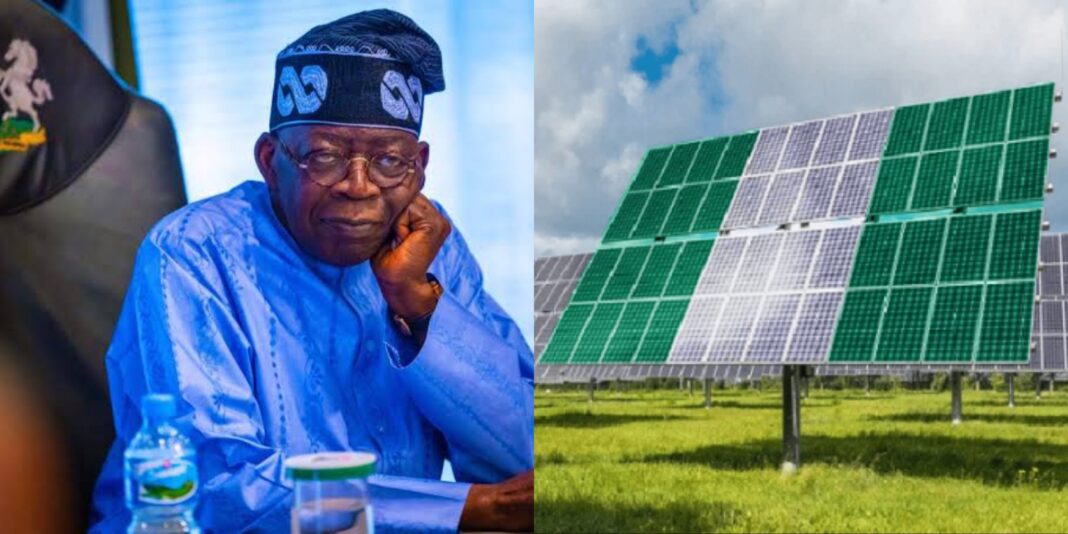The Presidency has defended the Federal Executive Council’s approval of a N10 billion solar energy project for the State House, emphasizing that the initiative is consistent with global standards for sustainable energy.
Bayo Onanuga, Special Adviser to President Bola Tinubu on Information and Strategy, addressed the criticism in a post on his verified X (formerly Twitter) account, following public scrutiny over the cost and necessity of the project amidst Nigeria’s economic struggles.
Onanuga argued that the shift to solar energy aligns with international practices.
“The White House in Washington D.C. uses solar power,” he wrote, suggesting that powering the State House through renewable sources is not only logical but forward-thinking.
To reinforce his message, he shared a video of the White House’s solar project, illustrating why the U.S. government opted for solar energy and how the initiative supports environmental goals.
According to sources familiar with the plan, the solar system will supply electricity to the President’s residence, key administrative offices, and other vital facilities within the State House complex.
The goal is to achieve stable power supply, energy efficiency, and long-term financial savings.
While some Nigerians have commended the environmental merit of the project, others have expressed concern over its cost, questioning whether it is appropriate in the current economic climate.
Echoing Onanuga’s defence, former presidential aide Reno Omokri encouraged Nigerians to take a broader view of the project.
He emphasized that powering the State House with solar energy does not indicate a loss of confidence in Nigeria’s electricity sector.
Omokri also referenced similar renewable energy efforts by global leaders, such as King Charles III’s solar installation plans at Buckingham Palace and France’s use of geothermal technology at the Elysee Palace.


